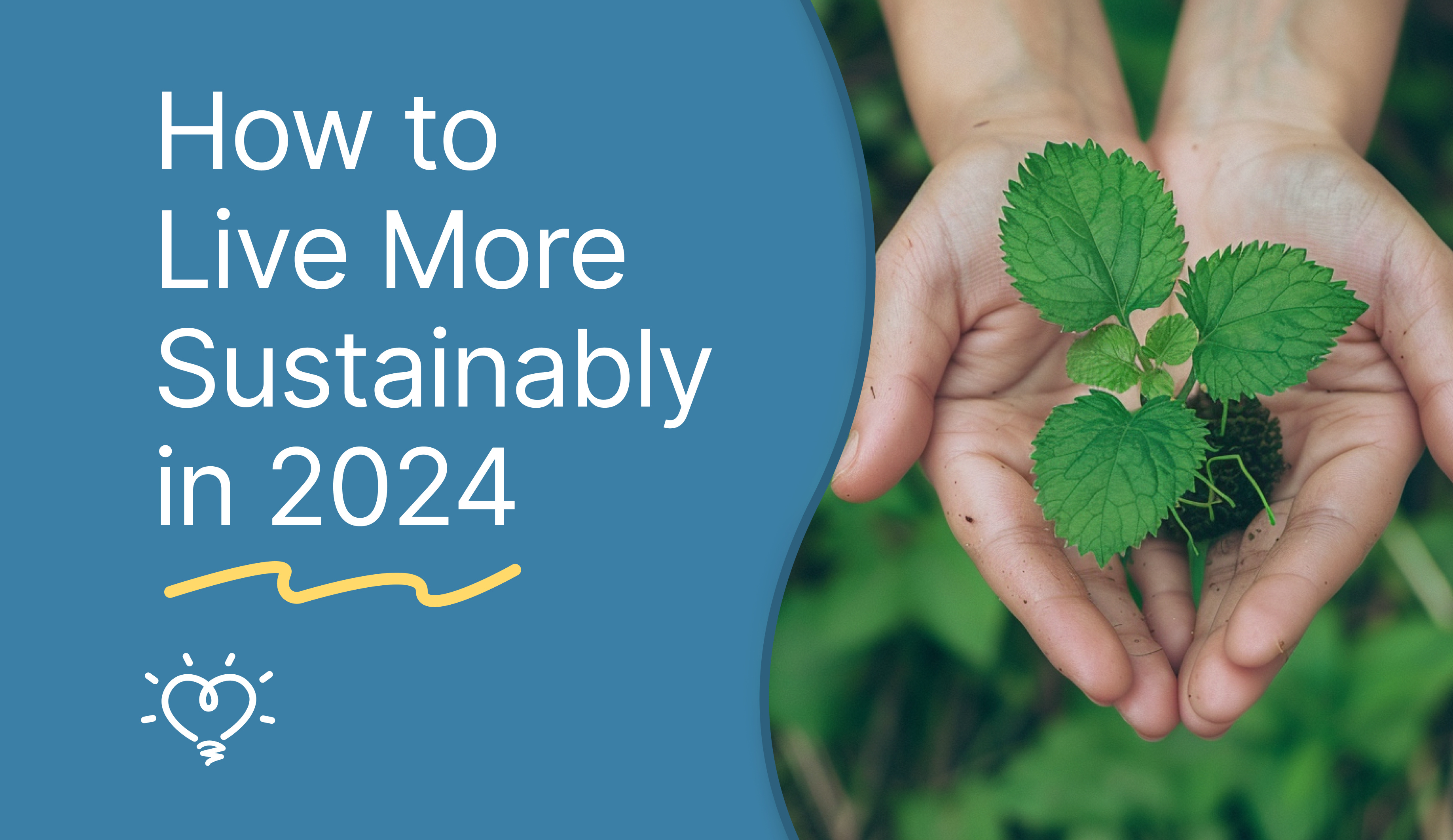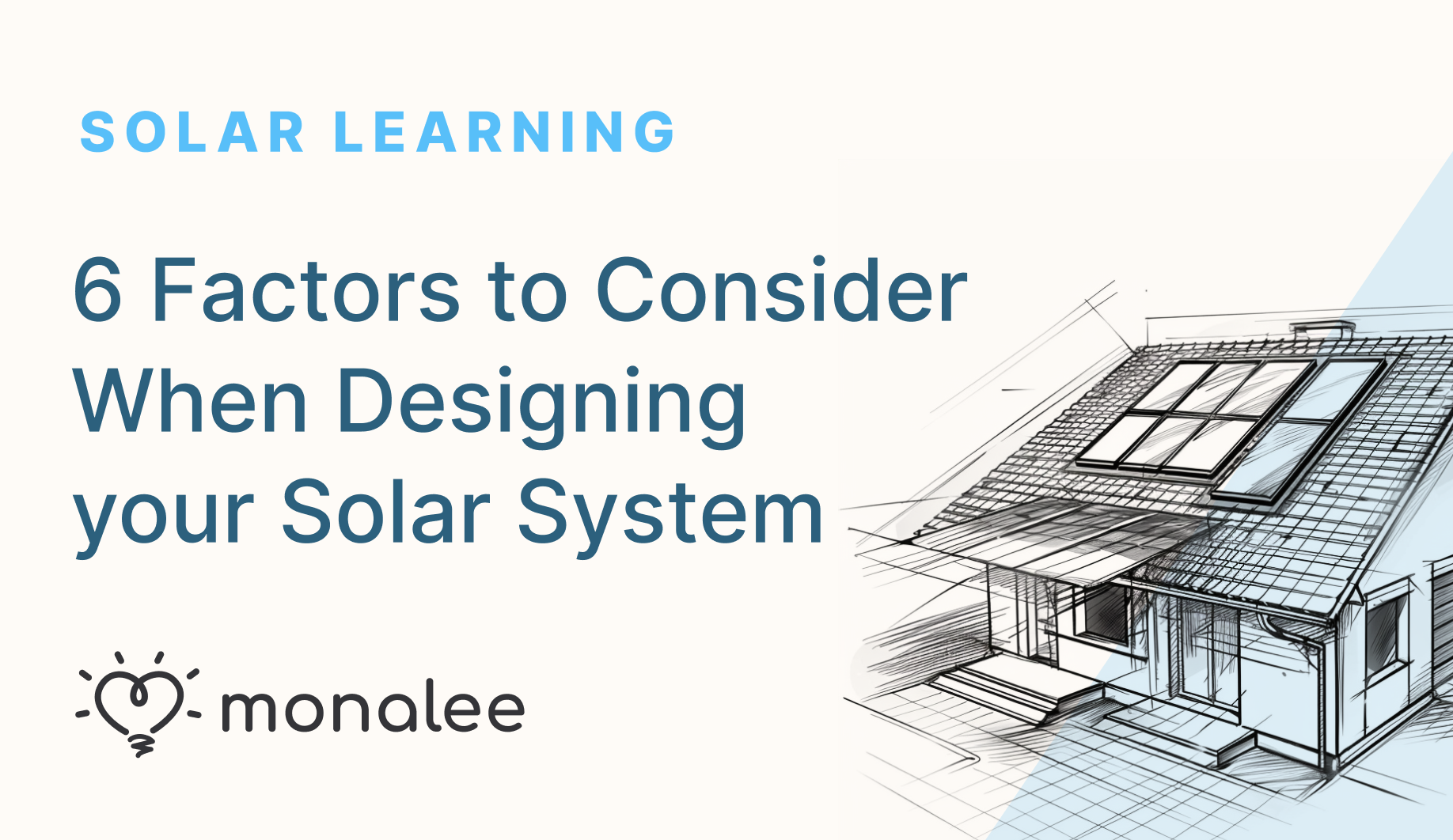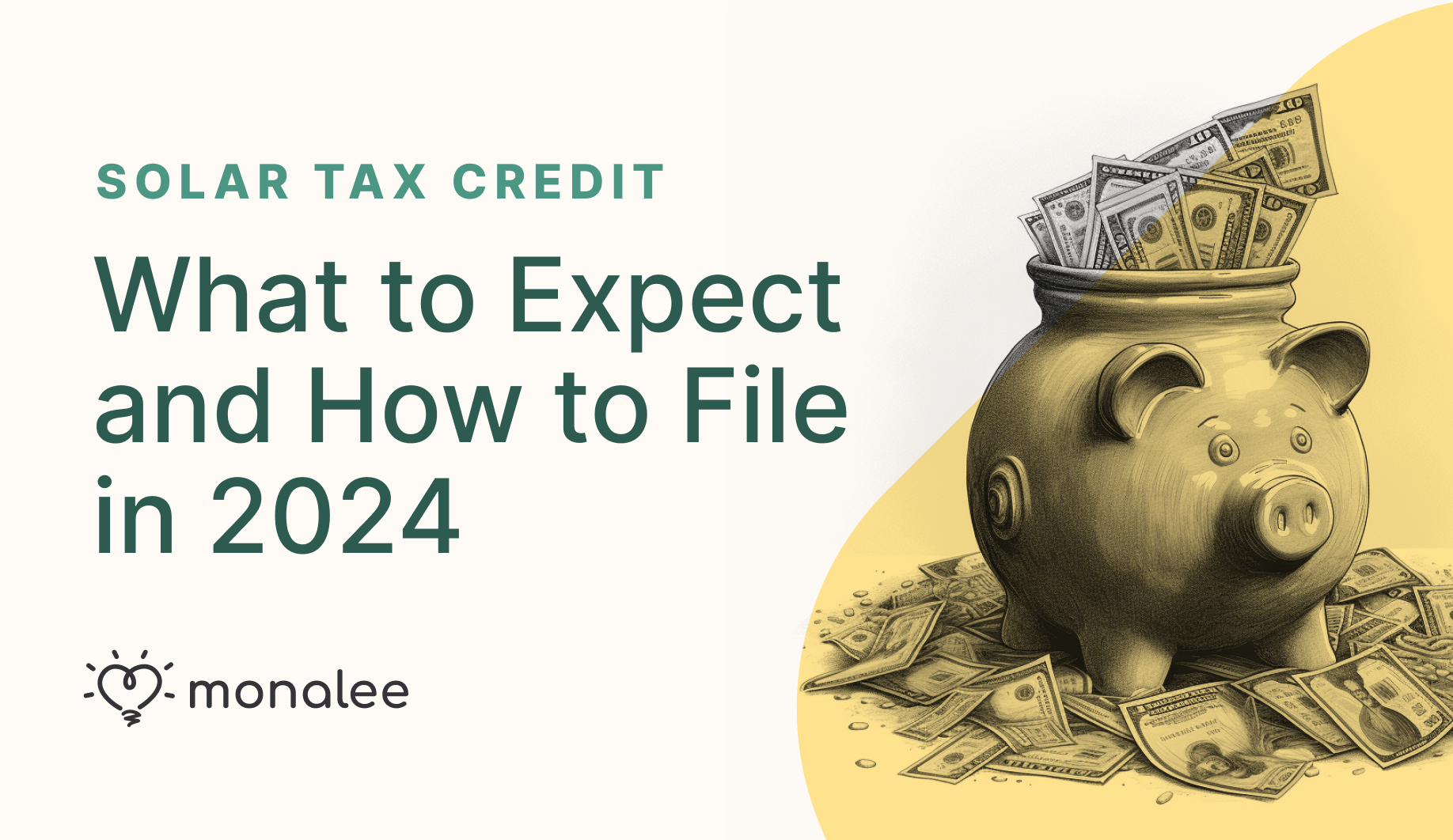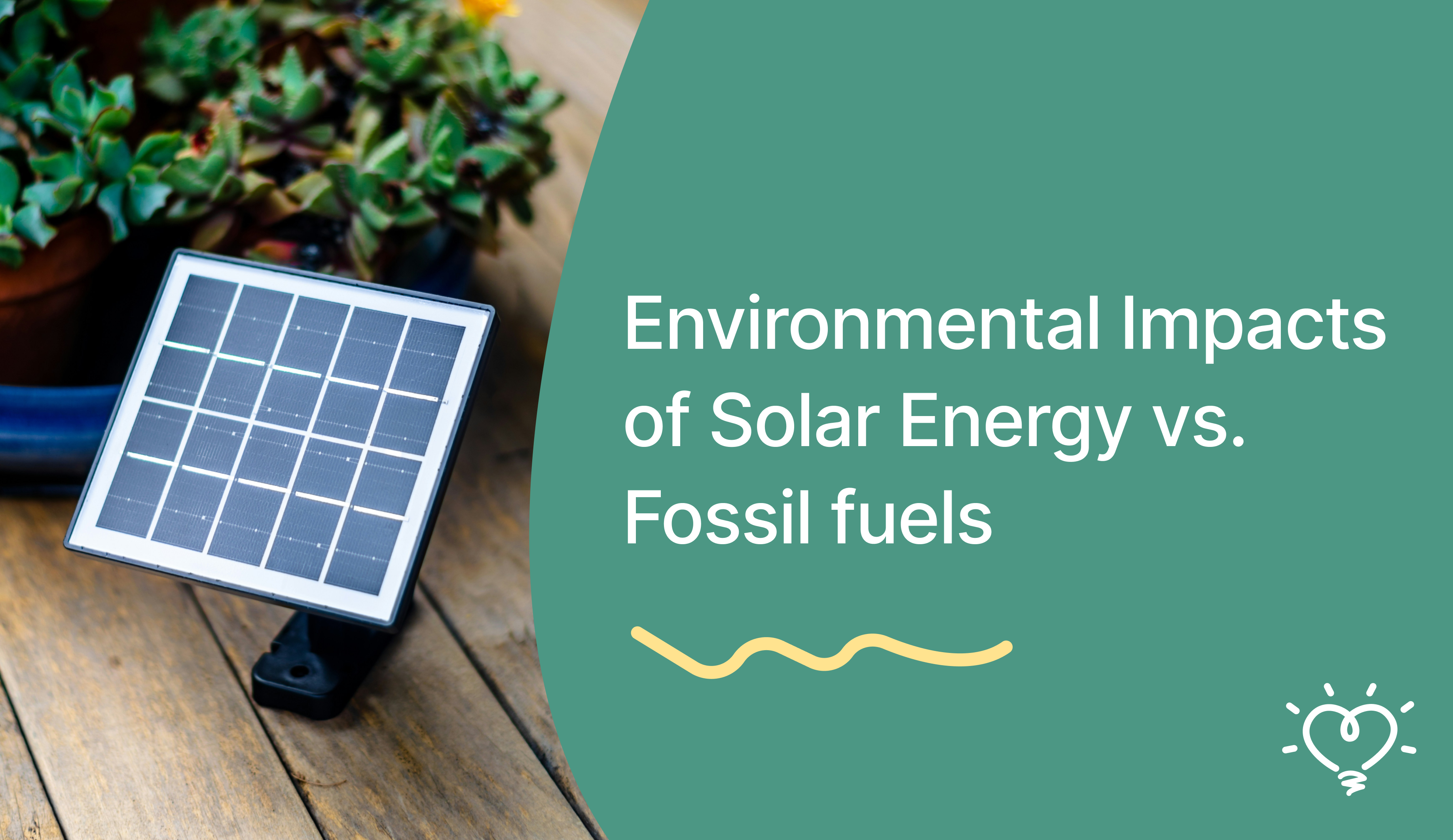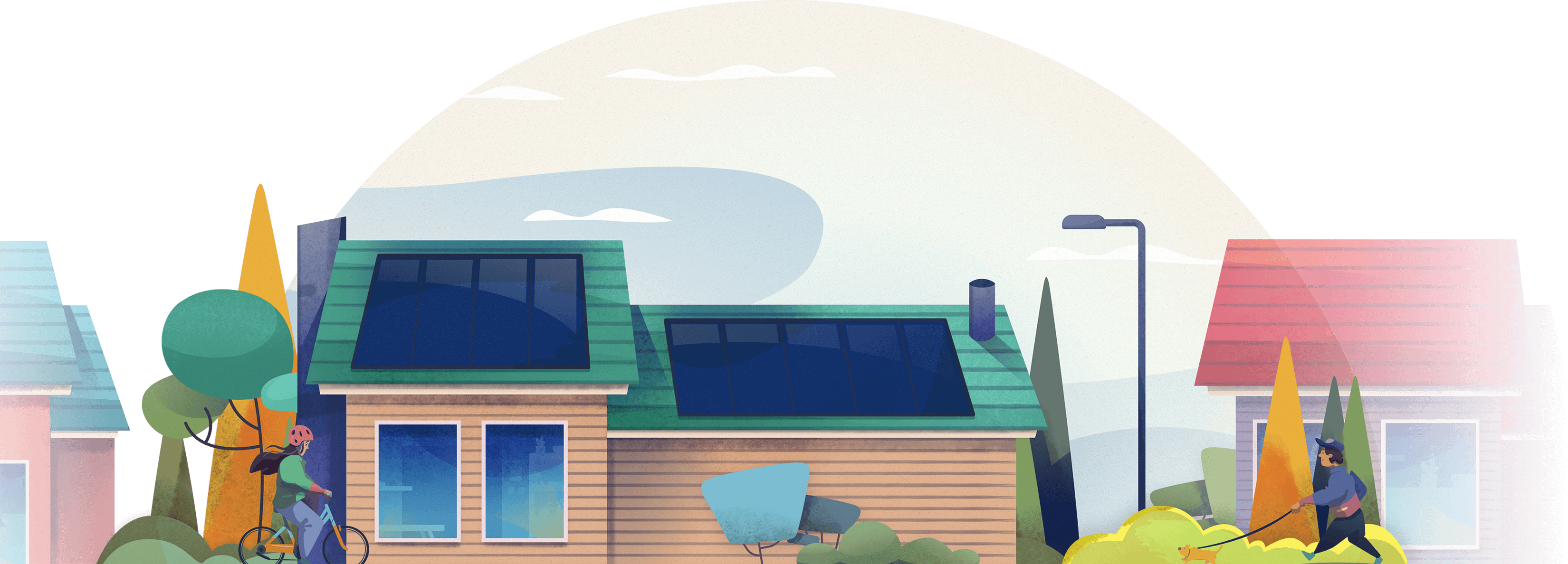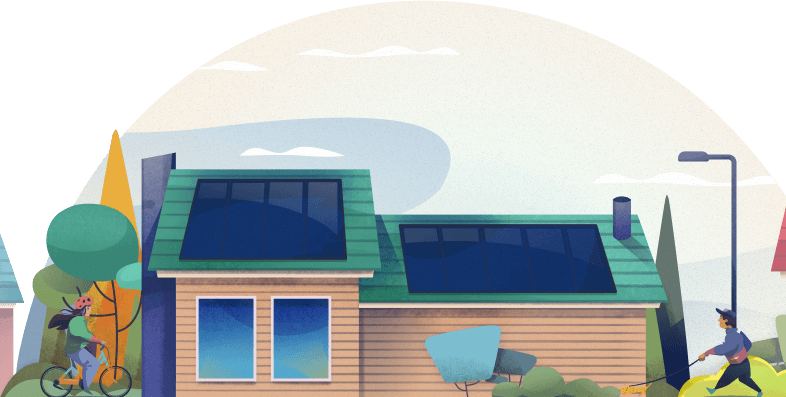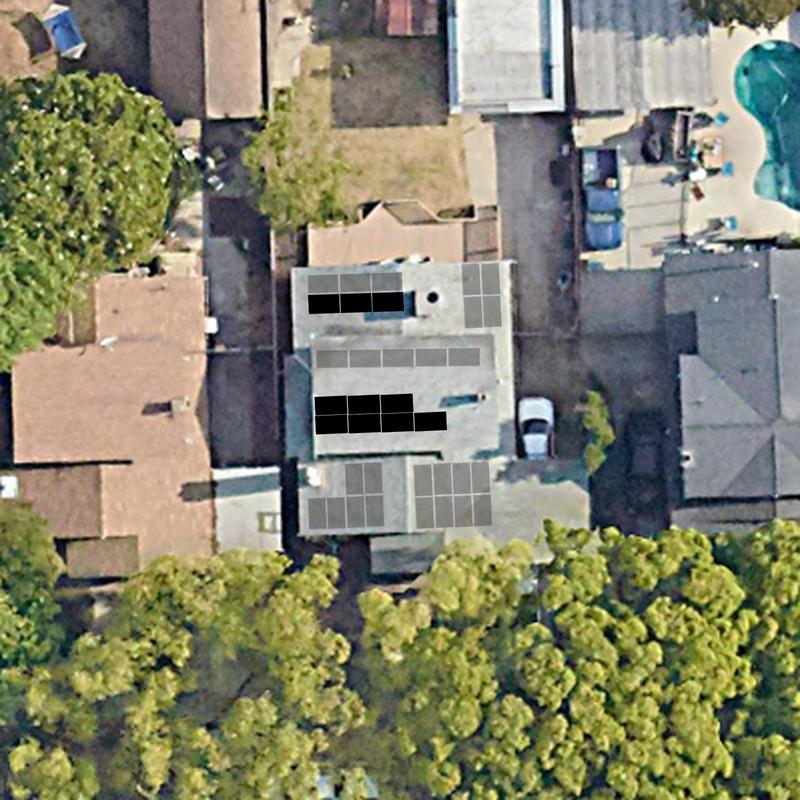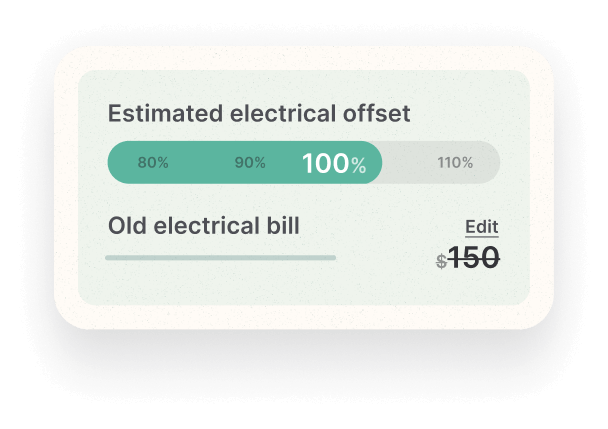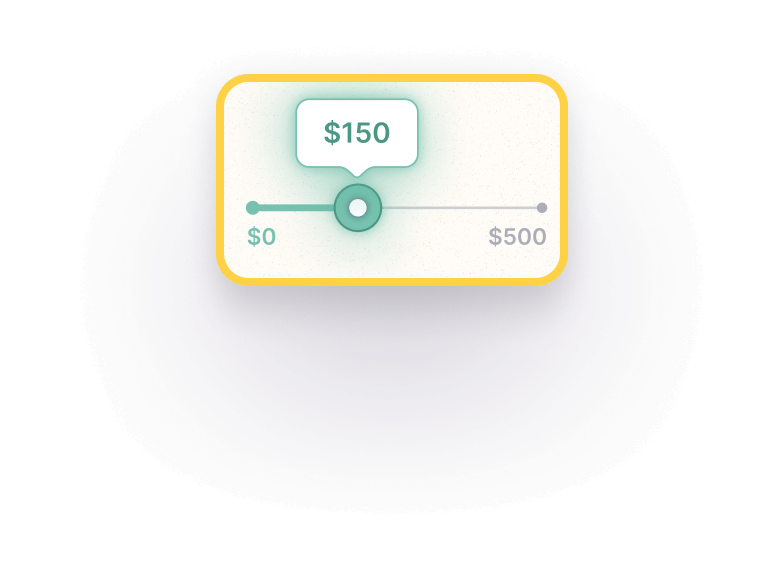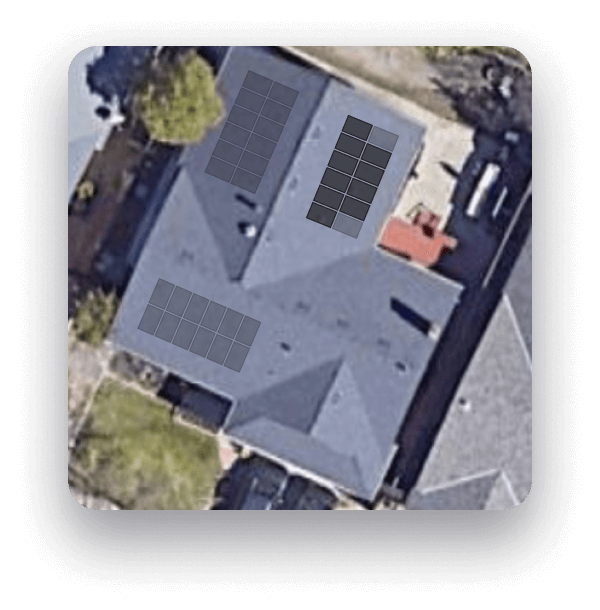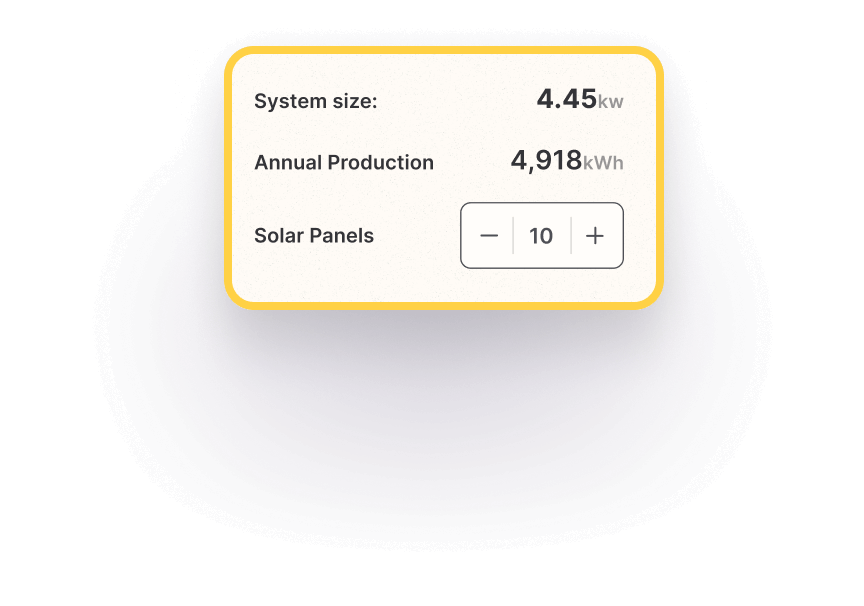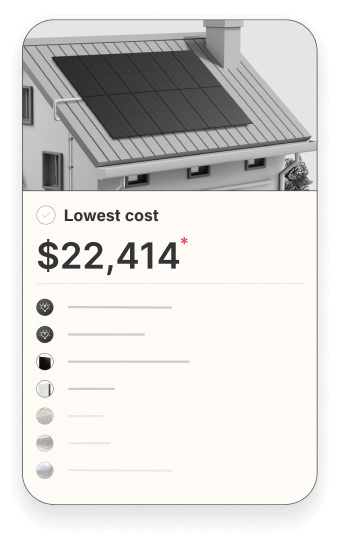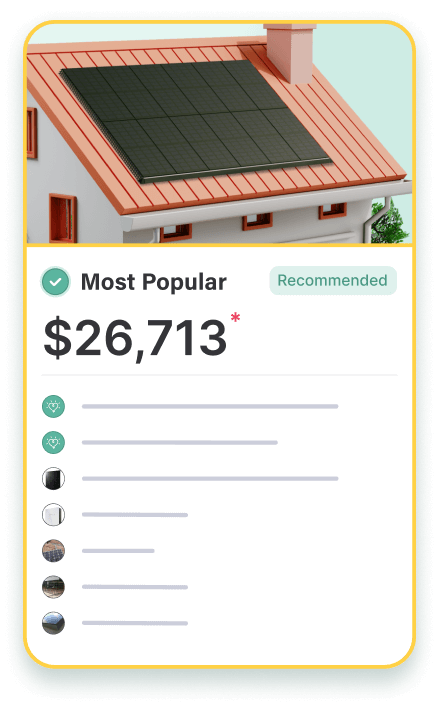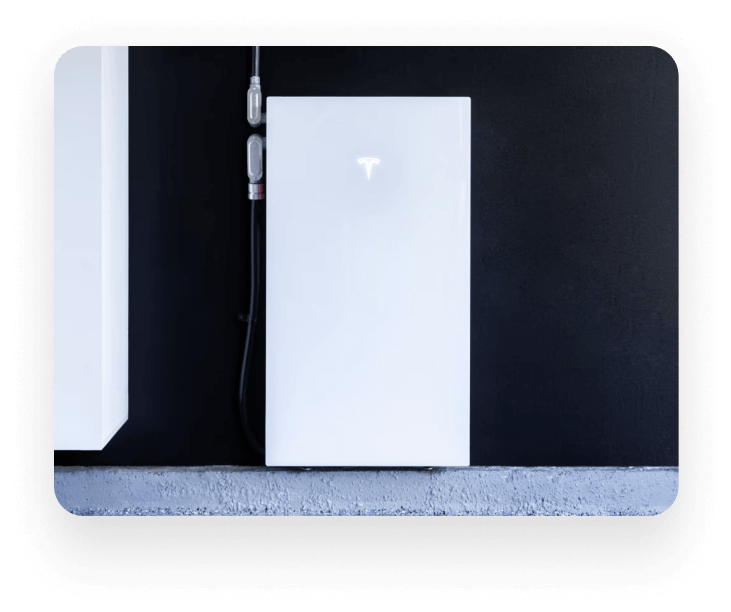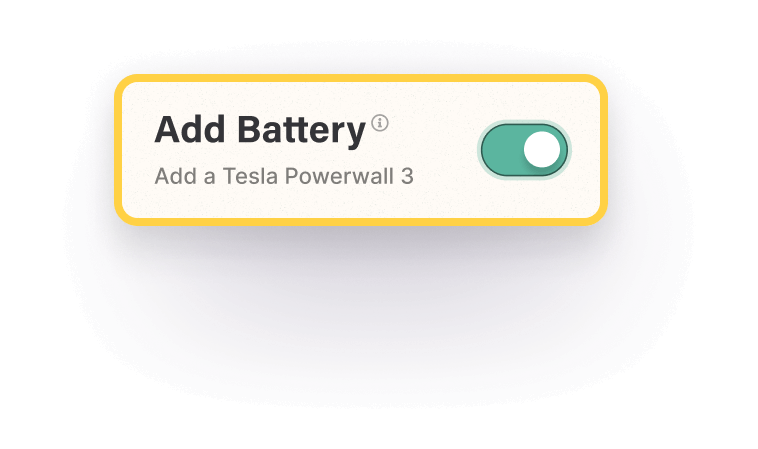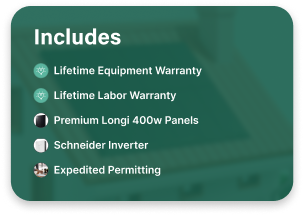In a world that is more technologically connected than ever, we can sometimes lose sight of what really matters. There’s nothing more important than the health of our planet, and climate change is making it challenging for countless ecosystems to flourish.
The best way to start living more sustainably is simply to start. Don’t fall into the trap of thinking that one person can’t make a difference. We can, especially on a collective level.
8 tips to live more sustainably
Living more sustainably might not happen overnight, and that’s okay. Here are eight small but impactful ways you can make a difference.
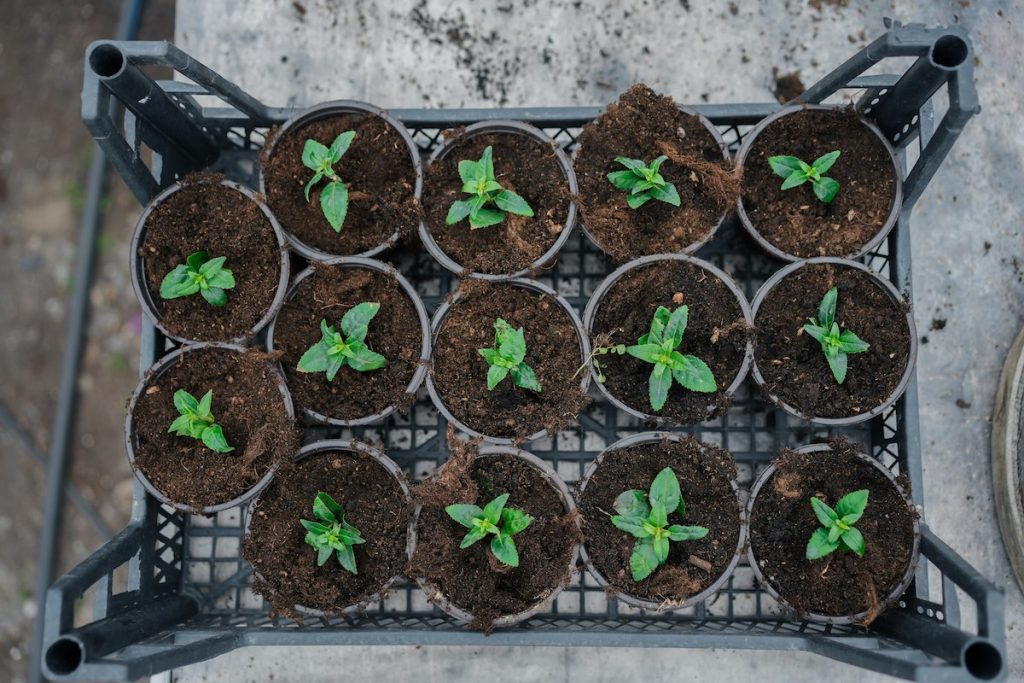
1. Work remotely if/when possible
If the pandemic taught us anything about employee happiness, it’s that most professionals thrive in remote work environments. If your company allows you to work from home–even if it’s just one or two days a week–take them up on it. Benefits of working remotely include higher productivity, lower levels of stress, increased autonomy, and improved inclusivity.
It’s also better for the environment. In fact, buildings are responsible for 21% of total greenhouse emissions, with electricity being the biggest culprit. With the adoption of remote and hybrid work, many office buildings are still using generous amounts of electricity but only a few desks are actually occupied. In short, it’s wasting valuable amounts of energy that could be better used elsewhere.

2. Switch to solar energy for your home
Running your home on solar is another great way to live more sustainably and reduce your carbon footprint. Financially, it makes a lot of sense. Utility rates continue to rise nationwide, and, with more people working from home, energy use also goes up.
When you switch to solar energy, you’re essentially reducing your reliance on your local grid and are one step closer to achieving full energy independence.
At Monalee, we’re able to determine the ideal system size and system design for one’s home using our advanced machine learning. We also save homeowners up to 50% off the total price they’d pay when going with other solar companies in their areas.

3. Embrace ride shares and carpooling
We know it’s tempting to drive—rather than walk—those couple blocks down the road for coffee, but try to resist. Assuming you are physically able and feel safe doing so, make an effort to utilize other modes of transportation. Opt to walk, bike, or use public transportation for nearby errands and save car rides for long commutes. Alternatively, consider using ride share apps that allow a ‘carpool’ type option or create your own carpool system with a few of your neighbors.
Another way you can contribute to decreasing fossil-fueled transportation emissions is by investing in an electric vehicle for yourself or your household. These vehicles end up costing you nothing because they don’t need gasoline to operate.

4. Explore your own backyard
If you’ve ever had a ‘staycation,’ you already know that there’s so much to discover in your own backyard. While it can be thrilling to hop on a plane and fly halfway across the world, it’s not all that great for the environment.
Forgoing air travel means that you’re saving lots of carbon dioxide from being released into the air. In fact, airplanes emit about 100 times more carbon dioxide every hour than cars, buses, and trains do. Plus, we’re guessing that there’s plenty to see closer to home.
Staycations are nice because, without high flight prices, you can splurge a bit more on a nice hotel or a restorative spa treatment. There also won’t be any jetlag to overcome and you can fully rest and reset before a busy week ahead.

5. Invest in quality over quantity
Fast-fashion is an easy sell for most of us because the prices are just that low. The truth, however, is that these garments are not made well and barely last a few wears.
As suspected, all this waste is not good for the environment. Before those fast fashion items reach your local store, they’ve already contributed to high amounts of carbon emissions. Why? Well, because the way the supply chain is currently set up has fast fashion clothes being shipped long distances by planes and flight ships.
The damage doesn’t stop there. Fast fashion has wreaked havoc on habitats for all sorts of living beings. Brands like SHEIN, for example, are associated with water pollution, textile waste, greenhouse gas emotions, and so much more.

6. Be wise about water use
If you’ve ever experienced a drought in your local area, you know how big of a deal this is. Being wise about water use starts at home, and you can get the whole family involved.
First, let’s talk toilets. Toilets represent close to a third of your home’s indoor consumption and therefore, they use quite a bit of water. While we certainly don’t condone not flushing, try not to use your toilet as a trash can. Long showers and baths also require a lot of water. The average person in the U.S. uses 17.2 gallons of water over an 8-minute period.
Looking for other ways to conserve water? Don’t wash your dishes with running water or over water your lawn. When doing laundry, try to avoid loads that are only half full. Finally, keep an eye out for leaky pipes and repair or replace them as soon as you can.

7. Grow some of your own food
Gardening and growing some of your own food can be highly rewarding. As The New York Times points out, working with your hands actually helps your brain. It has all sorts of cognitive and emotional benefits, from improving one’s memory and attention to reducing symptoms of anxiety and depression.
People report feeling a sense of accomplishment after working with their hands and being more mindful. Activities such as knitting have the same effect as gardening does on the brain and are just as impactful for the environment. The best way to get into gardening is to start small.
Companies like Back to the Roots make it easy to start growing some of your own food and is a fun way for kids to get in on the action. Their organic mushroom kit is easy to set up and starts growing organic and gourmet mushrooms in about ten days. It’s well-contained too, so it won’t make too much of a mess in your kitchen.

8. Remember the three R’s: reduce, reuse, recycle
When it comes to combating climate change, every little bit counts. Keeping the three R’s—reduce, reuse, and recycle—top of mind will help you make more conscious lifestyle choices in line with your values.
One way to reduce is to cut back on how much trash you generate in a given day or week. Garage sales or vintage stores are two ways to reuse what you have, whether you’re the one selling or buying. For example, instead of buying a new leather jacket, thrift one instead.
Thankfully, most people already recycle regularly. From wine bottles and plastic cans to magazines, practically anything can and should be recycled.
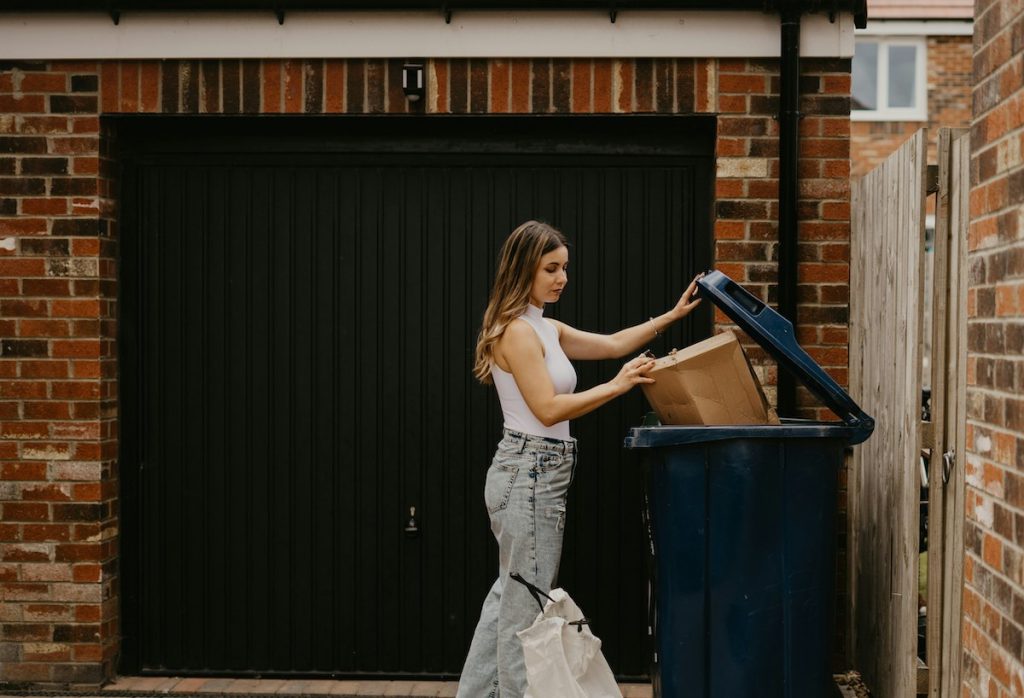
Small action steps you can start taking
Here are five easy ways to start living more sustainably right now.
Turn off your lights when you’re not using them
Sounds simple but you’d be surprised how many lights we leave on without realizing. It might take a couple days to form a habit of turning lights off when you leave a room, but after a while it sticks. Plus, with summer coming up, turning lights off actually keeps your rooms cooler.

Choose paper over plastic
Choosing paper over plastic when you go to the grocery store is a small but mighty way to be more mindful of the environment. Life happens and we’re not always going to remember to bring our canvas shopping bags, but opting for paper bags is the next best thing. After all, plastic bags take up to 20 years to decompose in landfills, and plastic items in general can take up to 1,000 years to decompose.
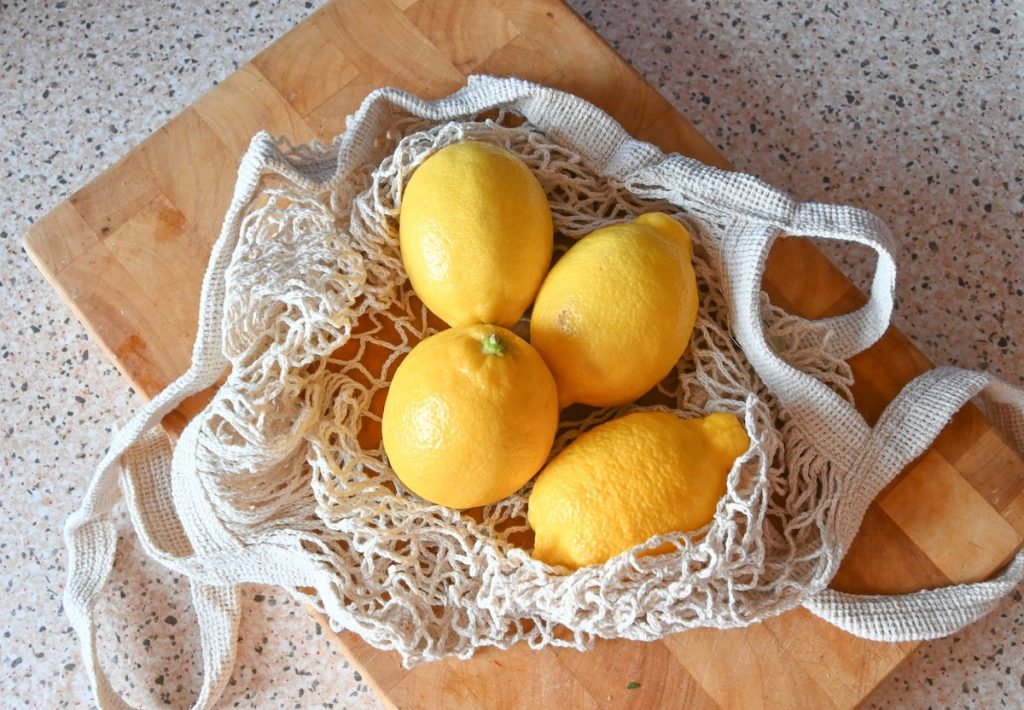
Get creative in the kitchen
You don’t have to be a pro in the kitchen to start dabbling in some plant-based meal prep. Embracing a plant-based diet even a couple times a week will help reduce your carbon footprint. Leafy meals require fewer natural resources, do not require any animal harm, and produce less greenhouse gas than foods with meat.

Reevaluate your financial investments
Sorting through your investment portfolio may sound like a chore but you might be unwittingly investing in companies that are contributing to climate change. Often referred to as ‘green finance,’ this sustainable approach to finance helps you get a sense of how ethical your investments are and what other, equally promising and more environmentally friendly, investments you can make instead.

Pause before you purchase
We live in a world where pretty much anything is available to us at the click of a button. While convenient, over consumption does more harm than good. Currently, consumerism is among the leading sources of emissions that contribute to climate change around the world. In fact, according to research, more than 45% of greenhouse gas emissions come from mass goods production.

